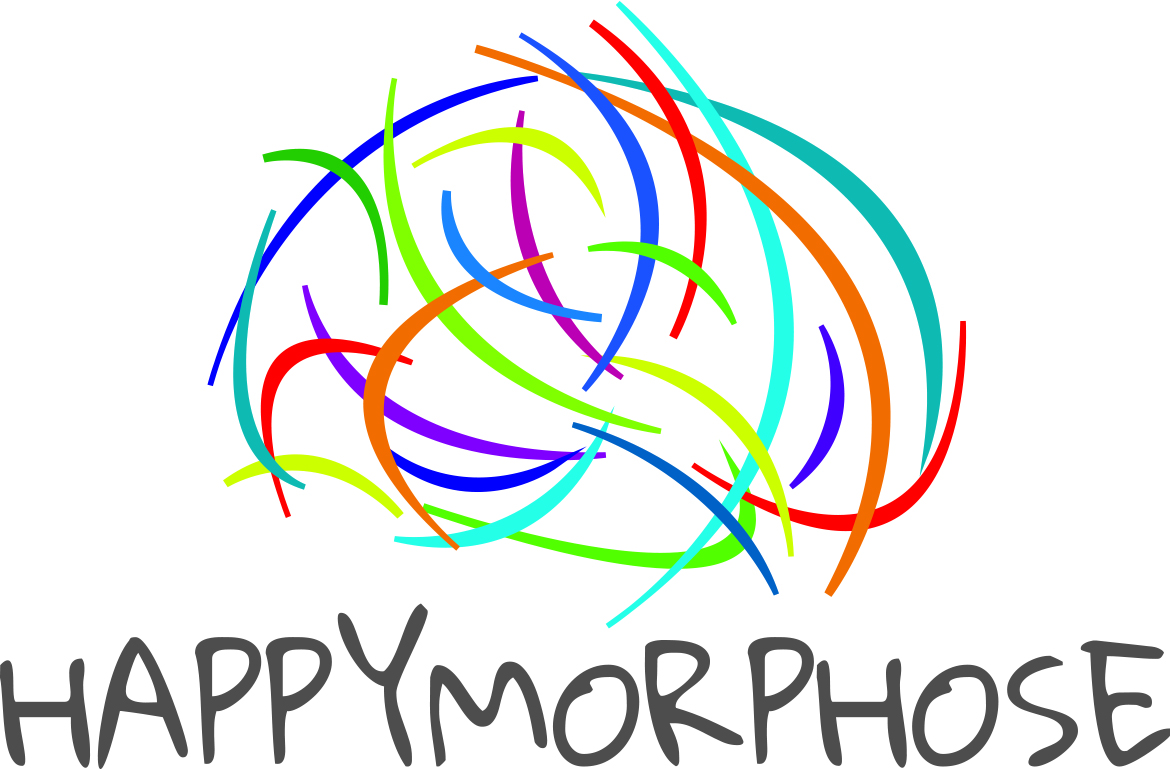
Our public institutions, stemming from Modernity, are essentially based on faith in science and reason, which have been irrigating our philosophies for four centuries and whose basis is the principle of non-contradiction that comes to us from the Greeks.
This belief is greatly weakened at the beginning of the 21st century, due to the failure of the ideals linked to Progress, environmental disasters, as well as, more profoundly but, less well known, the gradual discovery of the radical incompleteness of mathematics, therefore of all science and therefore of all modeling.
However, our current public institutions have become inefficient and unreformable.
Every day, life invents new things in our society and new solidarity is forged.
This book shows what is emerging at the heart of society, outside of institutions, emergences based on discretion, fragility, simplicity, openness, solidarity, but also welcoming the structural and structuring uncertainty of our daily lives.
Affirming the end of the so-called Modern period and its shift towards a more open world, this text argues for a philosophy that detaches the science of technoscience and puts science and reason at a second place in relation to life and existence, where paradoxes reign and rational discourse gives way to sensitivity. , art and poetry.
